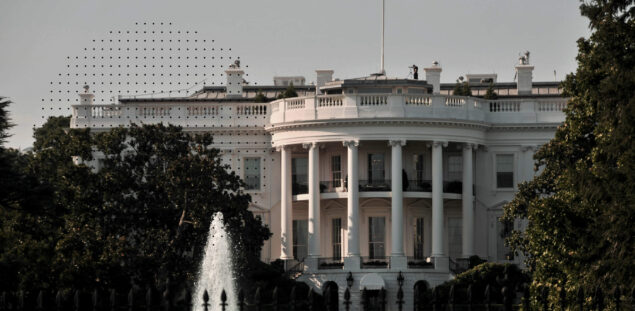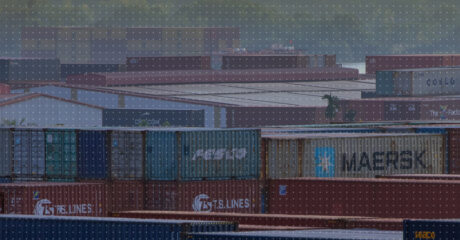The One Big Beautiful Bill Act (OBBBA), passed on July 4, significantly rolls back many tax incentives that clean energy projects have relied on since the passage of the Inflation Reduction Act (IRA) in 2022. In addition, it introduces new prohibitions on clean energy tax credits for projects connected to Foreign Entities of Concern (FEOCs).
Here’s a look at the impact of the OBBBA on clean energy supply chains and how Sayari can help address the subsequent sourcing and compliance considerations.
OBBBA expands FEOC rules across clean energy projects
Per Department of Energy (DoE) guidance, a foreign entity is defined as a “foreign entity of concern” if it is “owned by, controlled by, or subject to the jurisdiction or direction of a government of a foreign country that is a covered nation.” Covered nations are currently defined as China, Russia, Iran, and North Korea. While a FEOC may appear on one of the several watchlists maintained by the government, there is no central FEOC watchlist.
FEOC rules, originally introduced under the Biden administration, were limited to electric vehicles and advanced manufacturing tax credits. The OBBBA expands them to prohibit clean energy tax credits for projects owned or controlled by a specified foreign entity (SFE) or foreign influenced entity (FIE) and projects where effective control is exercised by the SFE. In addition, material reliance on products or materials sourced by an SFE or FIE is prohibited.
FEOC-related restrictions apply to several credits, including the:
- Clean Electricity Investment Credit (Section 48E)
- Clean Electricity Production Credit (Section 45Y)
- Advanced Manufacturing Production Credit (Section 45X)
- Clean Fuel Production Credit (Section 45Z)
For most clean energy projects, the date they begin construction will be key, as this will determine both their eligibility for tax credits and the extent to which they must comply with the FEOC rules. Organizations with projects that fall in scope must rigorously vet their supply chains for FEOCs or risk missing out on tax incentives.
Vetting the clean energy supply chain with Sayari
Given the global supply chain for renewable energy, these new FEOC restrictions will likely require organizations to conduct detailed supplier audits and origin tracing for their clean energy projects. Because the OBBBA expands the definition of FEOCs to include SFEs and FIEs, organizations will face increased challenges when evaluating if a project might be considered to have connections with an entity that is owned by, controlled by, or subject to the jurisdiction of China, Russia, North Korea, or Iran.
To uncover FEOCs, Sayari does more than track global watchlists such as the US OFAC SDN and Consolidated Sanctions Lists, the UK Sanctions List, and the US Commerce BIS Entity List. Sayari collects information on more than 800 million companies in more than 250 jurisdictions to identify less obvious sources of risk, such as network risk through ownership, trading history, and other commercial relationships.
Using Sayari, organizations can trace ownership through multiple layers to identify beneficial owners regardless of the number of intermediaries. Ownership data is displayed within an entity’s profile, making it easy to uncover even an otherwise innocuous entity’s ties to a covered nation’s government.
To get techniques and tips to identify FEOC presence in supply chains, read our report Understanding & Identifying Chinese State Ownership and Investment Vehicles.



